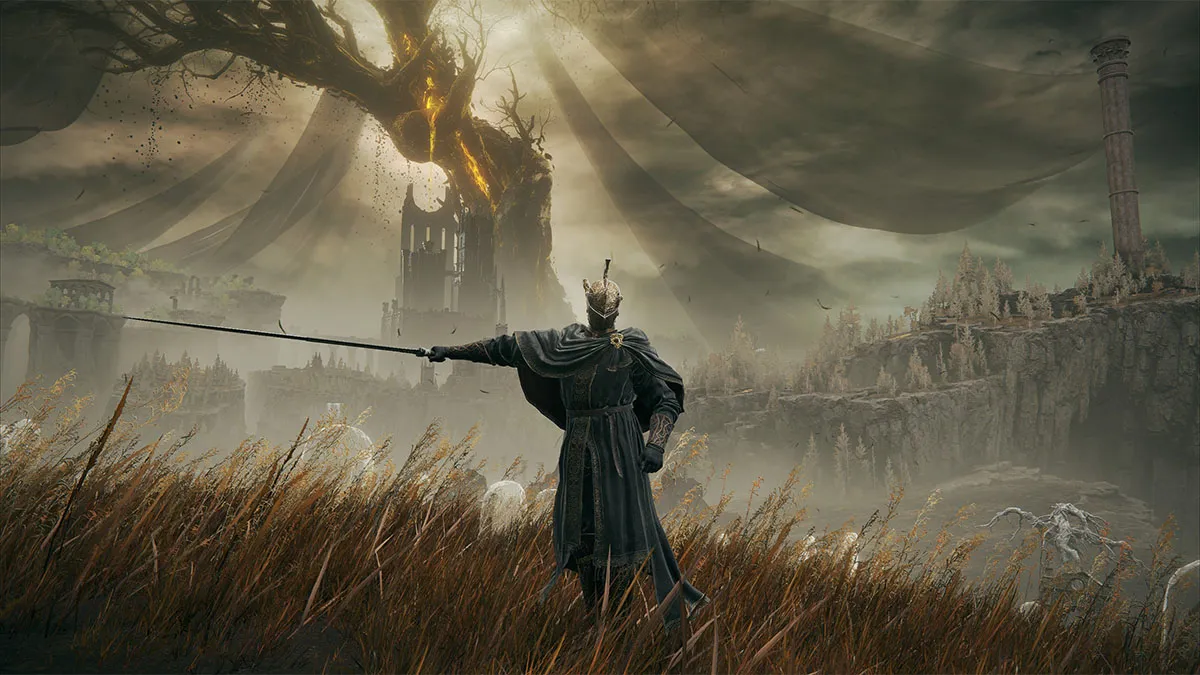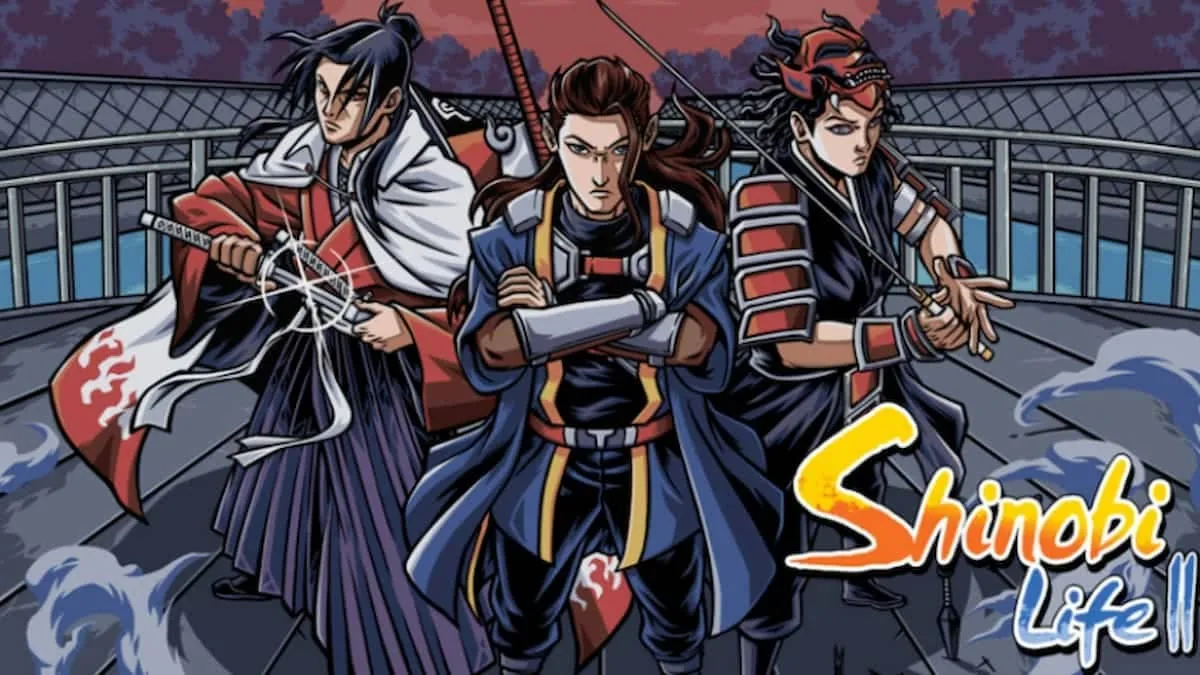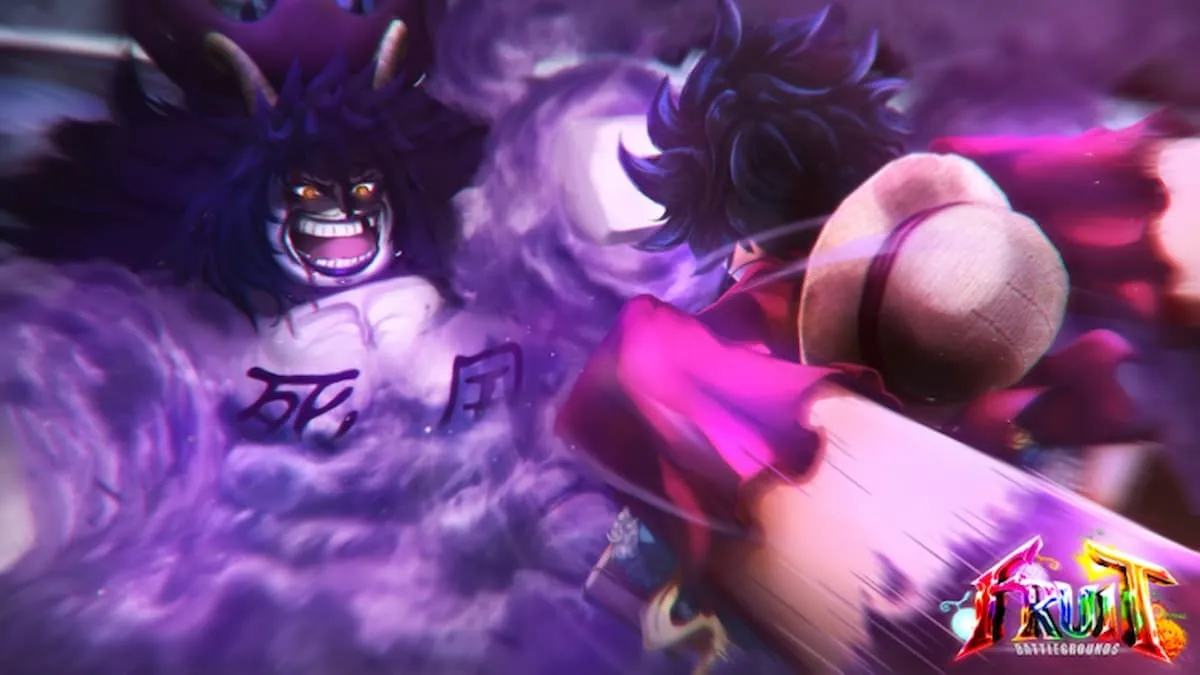Your weapon can do so much more in Elden Ring if only it had the right affinity. You’ll start the game with the Standard Affinity, which can carry you through most of your adventure, but there are so many other fantastic ones that can elevate your build. We’ll be ranking all Elden Ring weapon affinities today.
Every Affinity in Elden Ring, Ranked

There are 13 weapon Affinities available in Elden Ring, all in the base game. Sadly, Shadow of the Erdtree didn’t add any new ones, but it didn’t need to. What you get in the vanilla experience is more than good enough. The one catch is, if you want access to any Affinity beyond Standard, you’ll need to find Whetblade key items out in the world, and some are hidden in dark and dangerous corners (okay, most are). The rankings below are based on each Affinity’s usability in both PvP and PvE, specifically against bosses in the latter case.
13. Poison: Black Whetblade
The problem with Poison in every Soulsborne game except Dark Souls 2 is its lack of damage. Sure, it does damage, but not at anything approaching a viable rate. In PvE, most bosses are at least partially resistant to it, and it doesn’t do enough in most endgame fights to be appreciable (unless you’re doing a low-level run). It’s even worse in PvP, as players can simply use a Neutralizing Bolus to remove the buildup entirely. The Poison Moth Flight Ash of War provides a niche use case for Poison, but the setup is probably a bit too clunky for most tastes.
12. Magic: Glintstone Whetblade
The biggest problem with the Magic Affinity isn’t its damage potential, but rather that it’s damage is split between Magic and Physical. Split damage has historically been less than optimal in Soulsborne games, and that remains true in Elden Ring. Magic also suffers from the presence of the Cold Affinity and its status effect that provides massive burst damage that can stack with Bleed buildup.
11. Sacred: Sanctified Whetblade
Sacred suffers from the same problem as Magic but rates slightly higher because, in my view, Faith can focus a bit more on melee combat. Using Sorceries tends to open up some more opportunities for close-range casting (read: Carian Slicer). There is one better Faith Affinity option we’ll get to in a bit, but for now I’ll say that Sacred has a place, it’s just not the best choice.
10. Quality: Iron Whetblade
Quality, or using both Strength and Dexterity as a weapon’s scaling stats, sounds good on paper and has been in previous Soulsborne games. However, in Elden Ring, there are two problems. First, the damage penalty the Affinity imposes is almost impossible to overcome without massive stat investment, and you’re almost always better off swapping to a stat-specific Affinity than trying to use both. That investment requirement is the second issue. If you want good damage with Quality, you need to spend many more stat points than is even approaching efficient.
9. Standard
I’ve ranked Standard this high not only because it is a fairly solid Affinity (or lack of one), but because it can easily carry you through the entire game, and even the DLC, should you choose. There’s nothing special or beneficial about it, but Standard doesn’t subtract anything from your build, either. It’s good because it’s the default option and does just fine with any build.
8. Fire: Red-Hot Whetblade
Here’s where things get tough, because every Affinity after and including Fire have a specific and powerful use case. Which you choose is at least partly dependent on the kind of build you’re making. Fire Affinity is a Strength-specific infusion, and trades lower, non-split Physical damage for split Fire-Physical that can technically reach higher attack ratings. Pair it with a few buffing Incantations like Golden Vow and Flame Grant Me Strength, and the damage potential is huge.
7. Heavy: Iron Whetblade
If you want the ability to buff your Strength weapons or don’t want to deal with split Fire damage that can be reduced by the presence of water, Heavy is the Affinity for you. Your raw damage numbers won’t be as high, but you can augment that with both body and weapon Incantation buffs, from grease items to whatever else strikes your fancy.
6. Keen: Iron Whetblade
The Dexterity version of Heavy, Keen increases your weapon’s Dex scaling at the cost of Strength scaling, but otherwise functions the same. I think Dexterity weapons are better for non-elemental infusions as their attacks tend to be faster and can thus apply status effects more easily. This is even true for the Great Katana, as it can easily Bleed enemies in just a few hits. Keen Katanas or Rapiers can do even more.
5. Flame Art: Red-Hot Whetblade
Flame Art is like the Fire Affinity, but for Faith builds. I’ve rated it higher than its equally hot cousin because if you’re making an Incarnation and or otherwise Faith-focused build, you can eschew points in your other damage stats and invest them in more Vigor, Endurance, or even Arcane if you’re using other status effects. Those saved points can also keep your build at a lower level, should you choose, and help it synergize with a larger number of potential build options.
4. Lighting: Sanctified Whetblade
Normally, I’d rate elemental infusing below their non-split counterparts, but Lightning, like Flame Art, has some additional benefits. And it goes above even that powerful Affinity because, unlike Flame Art, Lightning damage isn’t reduced by the presence of water. It is, as you’d expect, enhanced by it. For Dexterity builds, I don’t think there’s a better infusion if you don’t plan on buffing your weapon, and sometimes even if you did want to. Lightning is just that good.
3. Cold: Glintstone Whetblade
Intelligence builds can certainly get a fair bit of mileage out of a Magic Affinity weapon, but Cold is better in most situations. It doesn’t cut your Physical damage by nearly as much and can apply the Frostbite status to boot. It’s so effective you can even use it on low-Intelligence setups and still get a ton of value. Put it on a weapon with inherent Bleed for a dual-Status threat.
2. Bleed: Black Whetblade
Okay, hear me out. As powerful as the Bleed affinity is, for my money, the damage penalty to Bleed buildup bonus ratio is a bit too weighted in the penalty’s favor. If you want to rely almost entirely on bleedout for your DPS, then sure, it’s the best option, but why sacrifice damage you don’t need to when our top Affinity exists?
1. Occult: Black Whetblade
For pure damage and utility, I don’t think there’s a better overall Affinity in Elden Ring than Occult. It doesn’t penalize your damage nearly as much as its bloodier cousin while still providing a solid amount of additional Bleed buildup. You can invest in both Arcane and your main damage stat to really push the numbers up and pair an Occult weapon with the Dragon Communion Seal for one of the most powerful Incantation setups in the game.
Those are my rankings for the best Affinities you can equip on your weapons in Elden Ring. For more on the game and the massive Shadow of the Erdtree DLC, check out our guides hub.







Published: Aug 7, 2024 02:29 pm